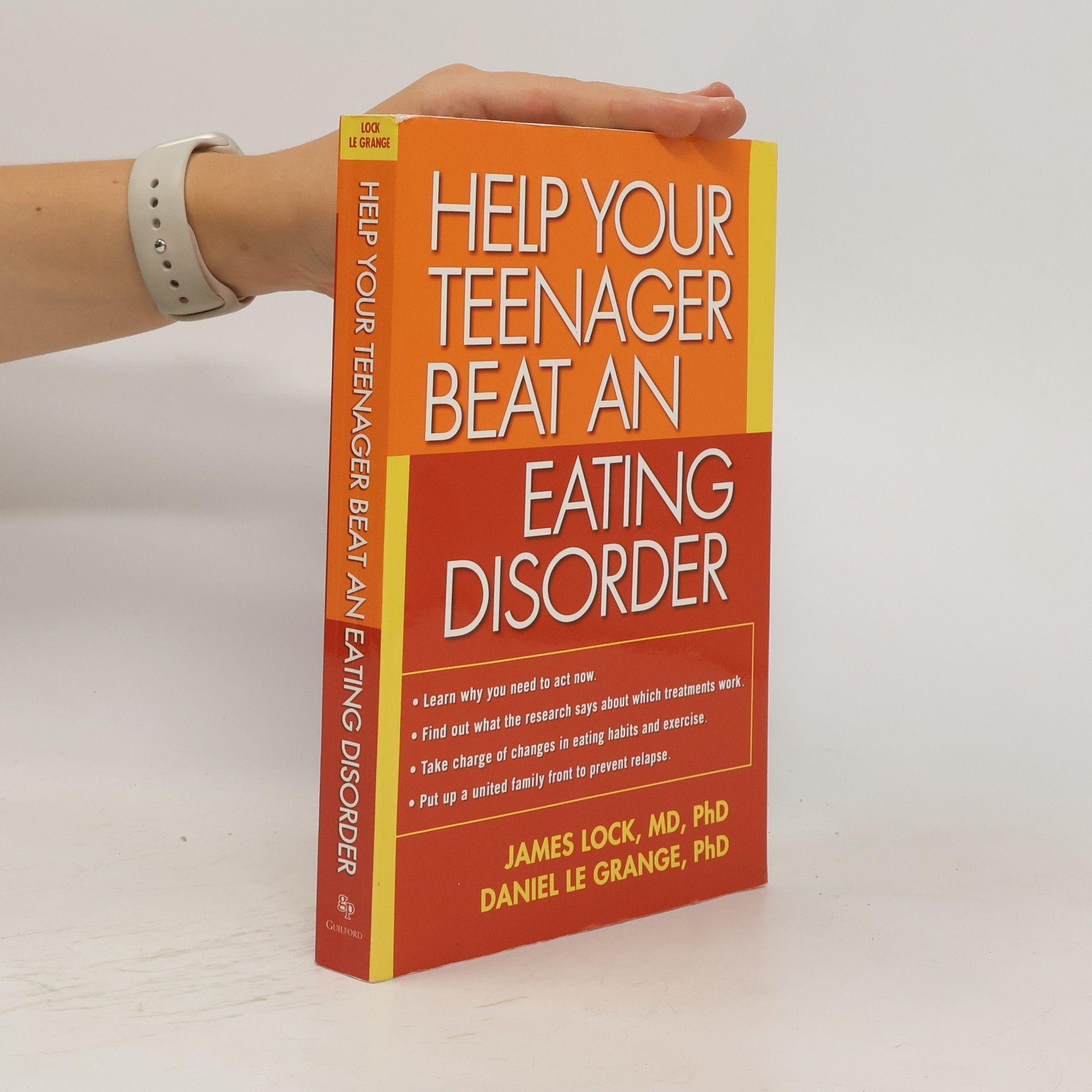The book features a comprehensive table of contents that organizes its chapters and sections, providing readers with a clear roadmap of the material covered. This structured layout enhances navigation and allows for easy reference, making it user-friendly for those seeking specific information or topics within the text. The contents may include various themes, topics, or concepts that are explored throughout the book, facilitating a better understanding of the subject matter.
James Lock Livres



If your teenager shows signs of having an eating disorder, you may hope that, with the right mix of love, encouragement, and parental authority, he or she will just "snap out of it." If only it were that simple. To make matters worse, certain treatments assume you've somehow contributed to the problem and prohibit you from taking an active role. But as you watch your own teen struggle with a life-threatening illness, every fiber of your being tells you there must be some part you can play in restoring your child's health. In Help Your Teenager Beat an Eating Disorder , James Lock and Daniel Le Grange--two of the nation's top experts on the treatment of eating disorders--present compelling evidence that your involvement as a parent is critical. In fact, it may be the key to conquering your child's illness. Help Your Teenager Beat an Eating Disorder provides the tools you need to build a united family front that attacks the illness to ensure that your child develops nourishing eating habits and life-sustaining attitudes, day by day, meal by meal. Full recovery takes time, and relapse is common. But whether your child has already entered treatment or you're beginning to suspect there is a problem, the time to act is now. This book shows how.
The book illustrates how parents who are participating in family-based treatment (FBT) for their child's eating disorder (ED) may enhance their chances of achieving optimal outcomes for their child by more successfully navigating the challenges that often impede progress in treatment and recovery.